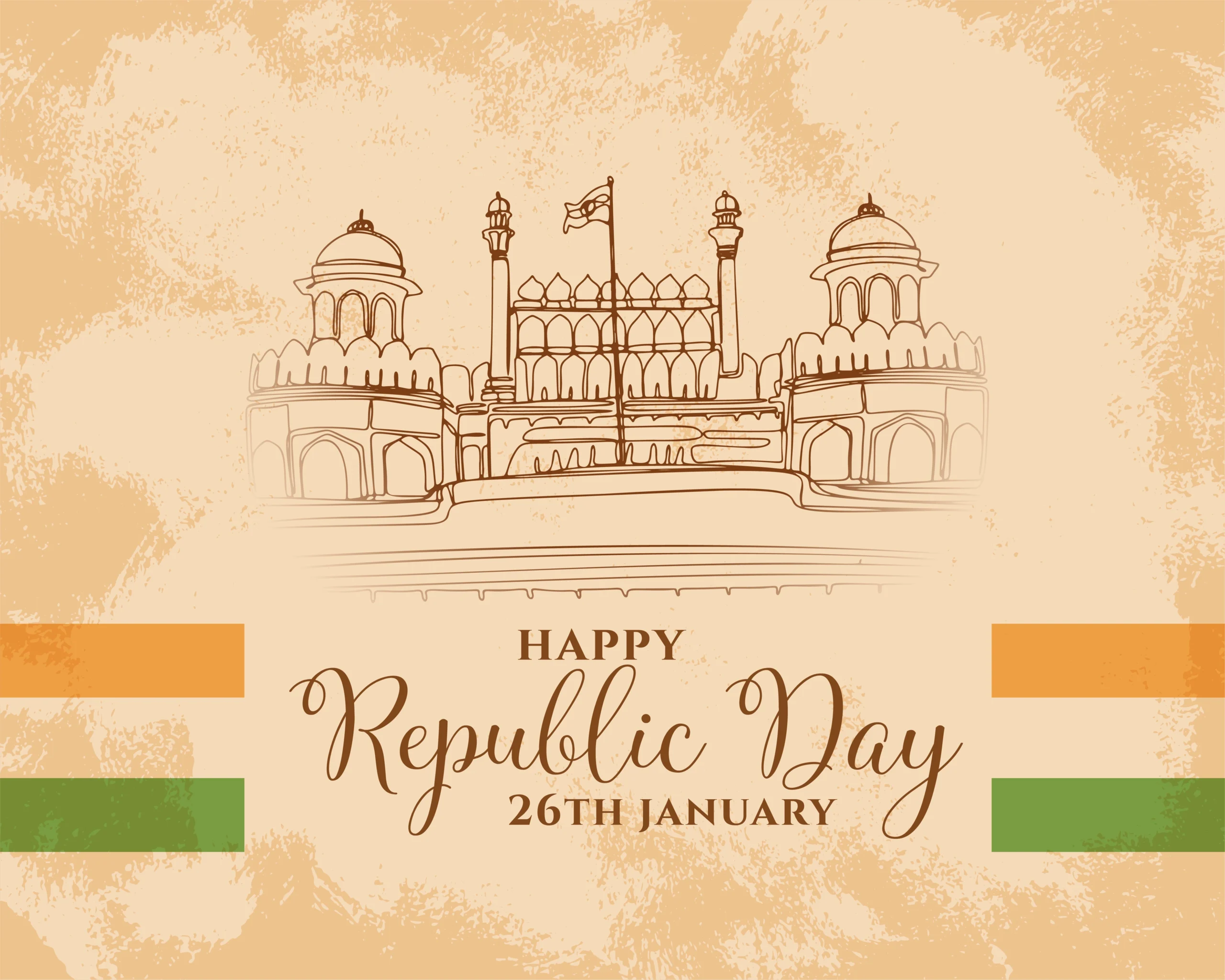Introduction
Republic Day is a significant national holiday celebrated with fervor and pride in many countries around the world. For nations like India, Republic Day marks the anniversary of the adoption of their constitution and the transition to a republic. This article explores the essence of Republic Day, its historical context, significance, and the various ways it is celebrated, particularly focusing on India’s Republic Day.
What is Republic Day?
Republic Day is a day dedicated to celebrating the adoption of a country’s constitution and the transition to a republic. This day symbolizes the nation’s commitment to democratic values and the rule of law. It is a time when citizens come together to honor their country’s founding principles and celebrate their national identity.
Historical Context of Republic Day
Origins and Evolution
The origins of Republic Day vary from country to country. In many nations, it marks the day when a constitution was adopted, transforming the country into a republic. For instance, in India, Republic Day commemorates January 26, 1950, when the Indian Constitution came into effect, establishing India as a republic.
The Indian Context
In India, Republic Day holds a special place as it marks the day when the Indian Constitution was adopted. Prior to this, India was governed by the Government of India Act 1935. The Indian Constitution was drafted by the Constituent Assembly, which took nearly three years to complete. On January 26, 1950, the constitution came into effect, transforming India from a British dominion to a fully sovereign republic.
Significance of Republic Day
Celebration of Democracy
Republic Day is a celebration of democracy and the rule of law. It underscores the importance of the constitution in upholding democratic values and ensuring the protection of fundamental rights and freedoms. The day is a reminder of the principles of justice, equality, and fraternity that form the foundation of a republic.
National Pride and Unity
Republic Day serves as a powerful symbol of national pride and unity. It is an opportunity for citizens to reflect on their shared heritage and the progress their country has made. The celebrations often involve patriotic activities, such as flag-hoisting ceremonies, parades, and cultural programs, which foster a sense of national identity and belonging.
How Republic Day is Celebrated
Celebrations in India
Flag Hoisting and Parades
In India, Republic Day is celebrated with grandeur and enthusiasm. The main event is the ceremonial flag hoisting and parade held in the national capital, New Delhi. The President of India presides over the Republic Day celebrations, and the parade features a display of India’s military strength, cultural diversity, and technological advancements. Various states and territories also participate in the parade, showcasing their unique cultural heritage through vibrant floats and performances.
Cultural Programs and Speeches
Following the parade, cultural programs and performances take place, highlighting India’s rich artistic and cultural traditions. These programs often include music, dance, and theatrical performances that reflect the country’s diverse heritage. Additionally, speeches by prominent leaders and dignitaries emphasize the importance of Republic Day and the values it represents.
Republic Day Celebrations Around the World
Global Observances
While Republic Day is most prominently celebrated in countries like India, other nations also have their own versions of this day, marking their transition to a republic. For example, France celebrates Bastille Day on July 14, commemorating the French Revolution and the birth of the French Republic. Similarly, other countries have their own unique celebrations that reflect their historical contexts and national identities.
The Impact of Republic Day
Strengthening Democratic Values
Republic Day plays a crucial role in reinforcing democratic values and principles. By celebrating the adoption of a constitution, it serves as a reminder of the importance of upholding the rule of law and protecting individual rights. This annual observance helps foster a culture of respect for democratic institutions and encourages citizens to actively participate in their country’s governance.
Fostering National Unity
The celebrations surrounding Republic Day contribute to national unity by bringing people from diverse backgrounds together. The festivities provide a platform for citizens to express their pride in their nation and their commitment to its ideals. This collective celebration helps bridge social and cultural divides, strengthening the sense of community and shared purpose.
Challenges and Future Outlook
Ensuring Inclusivity
As Republic Day celebrations evolve, it is important to ensure that they are inclusive and representative of all segments of society. Efforts should be made to include diverse voices and perspectives in the celebrations, reflecting the multicultural nature of modern democracies.
Adapting to Changing Times
With the passage of time, the nature of Republic Day celebrations may need to adapt to changing social and political contexts. Embracing new forms of expression and incorporating contemporary issues into the celebrations can help keep the observance relevant and meaningful for future generations.
Conclusion
Republic Day is a significant occasion that highlights the principles of democracy, national unity, and pride. It serves as a reminder of the values enshrined in a country’s constitution and the importance of upholding them. Through various celebrations and observances, Republic Day brings people together to reflect on their nation’s history, achievements, and future aspirations. As we continue to celebrate Republic Day, it is essential to honor its core values and ensure that its significance remains relevant in an ever-changing world.



